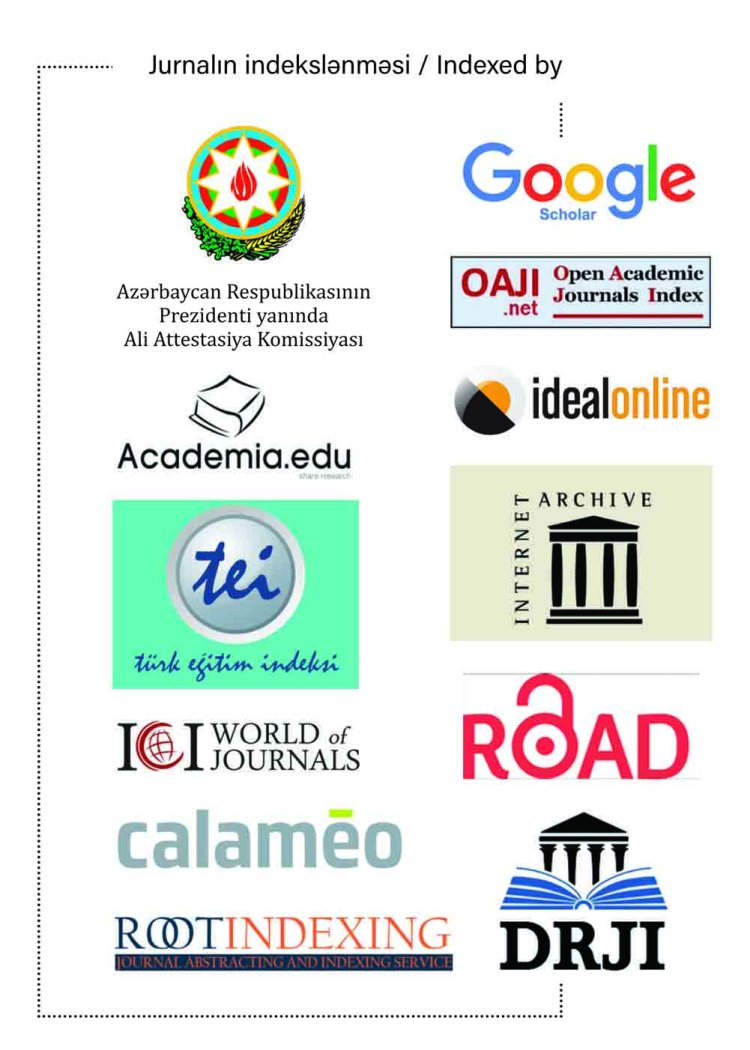A NEW MODEL OF THE STAGED ORGANIZATION OF CONTENT AND TECHNOLOGIES OF PEDAGOGICAL EDUCATION AND THE ObTAINED RESULTS
The goal of this study is to assess the degree of significance of the model, which was used within the scope of the experimental subject from 2009 to 2017, and whose content and technologies were created with five stages in mind (“self-determination”, “self-organization”, “scientific-pedagogical organization”, “self-improvement” and “selfrealization”). The quiz-experimental research design was employed to investigate the impact of the experimental subject taught over four semesters on teacher training. This form of research has been deemed useful in terms of investigating the reasons of previous experiment findings. The statistical population consists of 10,360 graduates of higher education institutions who took the teacher recruitment exams, both taught and untaught experimental courses. According to the results of the teacher recruitment exams, the results of the graduates who were taught the experimental subject based on the new model and the results of the graduates who were not taught this subject were compared using the “investigation of the results of the intervention” technique of the “Causal comparison” method. Graduates of the privately taught experimental subject are known to show high results in many cases. Thus, the gradual arrangement of the content and technologies of teacher education in a course covering 270 hours has made a significant difference in the results of graduates. It was determined that the results of the graduates who were taught the experimental subject (85.4%) were 1.76 times higher than the results of the graduates who were not taught this subject (48.4%).




